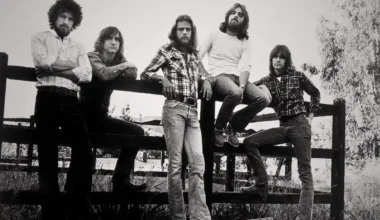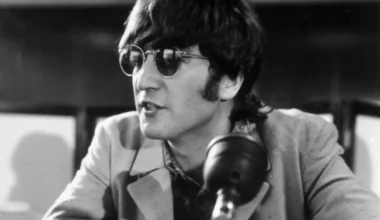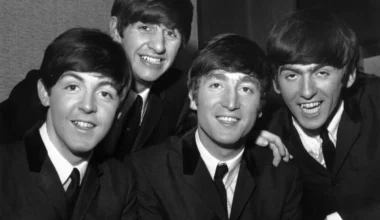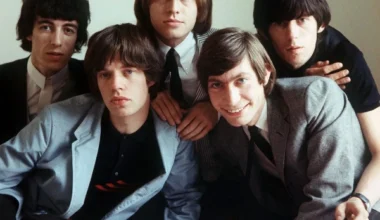There was nothing like Rush. Made up of three pure individuals (Neil Peart, Alex Lifeson, and Geddy Lee), their sound was incredibly original. In order to stand out in the vast canon of music and be honoured, they persisted throughout their career in carving out a niche that combined prog, hard rock, metal, and other textures.
Each member is an expert player on their particular instrument. But since truly exceptional drummers are rare, Neil Peart receives the most accolades. He created an oeuvre full of dynamism and artistic prowess by channelling the spirit of rock legends John Bonham and Ginger Baker and fusing them with early jazz pioneers like Gene Krupa and Buddy Rich.
Peart is unique for yet another reason. He not only established himself as a master of rhythm, but also as the main lyricist for the Canadian trio. Being an avid reader, he infused the band’s music with significant depth by referencing science fiction, fantasy, mythology, philosophy, and history. They were able to create such a unique and powerful soundscape in large part because of this.
Nobody can deny that Peart wasn’t entirely original in his approach, even though 1975‘s misunderstood Caress of Steel. Whose heavily fantastical essence drew from the works of J. R. R. Tolkien and Roman myths—showed that this didn’t always have the desired effects.
Peart’s commitment to writing would also get him into trouble with both the band’s supporters and critics. He wrote a famous song about an individual’s struggle against the collectivist nature of a totalitarian polity, “2112,” from the album of the same name. He attributed the song’s inspiration to controversial Objectivist and Conservative icon Ayn Rand.
While many were outraged by this, Peart would later refute any meaningful devotion to the Russian-American writer and philosopher. In a newsletter from 1994, he stated: “To begin with. It would be incorrect to overstate how much Ayn Rand’s writings have influenced me. I am not a disciple of anyone. Yes, I think that the individual is the most important factor when it comes to justice and liberty, but happiness is the most important good in philosophy, according to Aristotle’s ancient saying. Of course, pursuing happiness involves exercising my right to self-determination, but it goes beyond that.
Even though we may disagree with Peart’s use of Rand’s writing, one of his greatest creative achievements was looking to the canon of literature for inspiration. This continued to give Rush a thematic foundation upon which to construct their massive sound. It also makes sense that he obtained the best guidance he had ever received from this region. It enabled him to continue on his chosen path.
In a 2015 interview with Ari Gold, Peart disclosed that renowned author Tom Robbins of Even Cowgirls Get the Blues offered him “the best advice” he had ever encountered. This was going to be important for his life and work.
“Tom Robbins, the author, gave me the best advice.” “I stopped reading reviews early on because I would have to believe the bad ones if I believed the good ones,” the man stated. “There should be a school… to teach you these things,” he clarified. We’re gathering experience and knowledge to share with others. Don’t ever read your reviews, kids.








